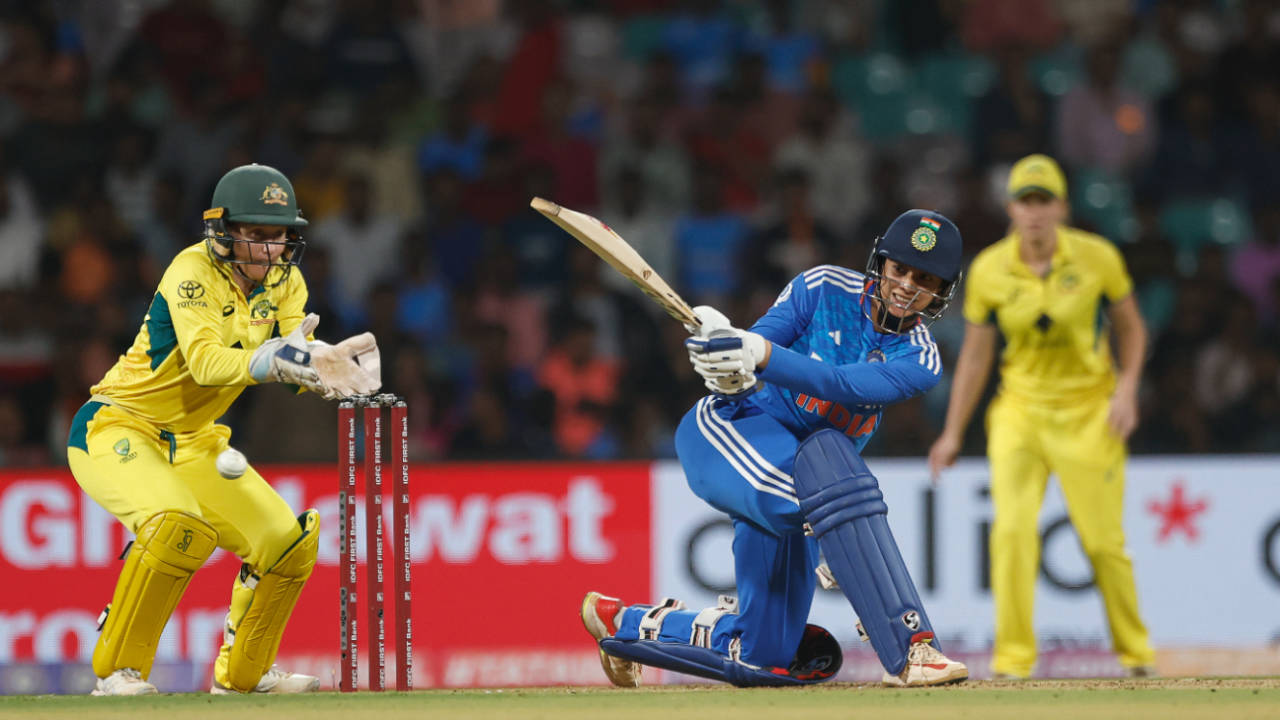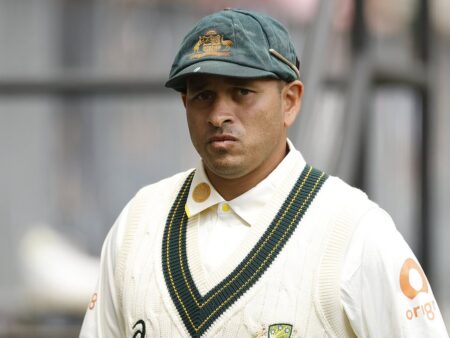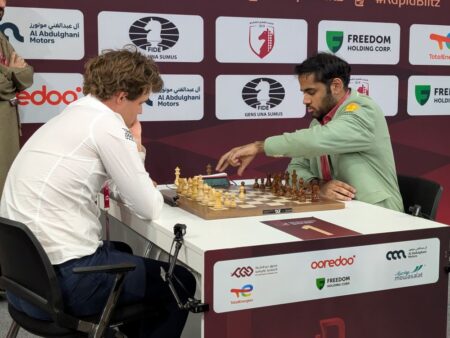
Starting in 2025, ICC women’s cricket tournaments will have their own sponsors, a move intended to raise the profile of women’s cricket and distinguish it from the men’s game. This change will begin with the 2025 ODI World Cup and include the 2026 T20 World Cup and the 2027 Champions Trophy, for which the ICC is partnering with Unilever, with plans for future expansion.
Anurag Dahiya, ICC’s chief commercial officer, stated that this is the first time they are offering specific commercial opportunities for women’s cricket events. He views the partnership as a significant indication of confidence in the independent value of women’s cricket. This separation indicates that women’s cricket is now seen as a distinct and commercially viable product, not just an addition to men’s cricket.
Dahiya explained that advertisers are shifting from a perspective of subsidizing women’s cricket to genuinely investing in it, recognizing its potential to generate revenue, attract audiences, and increase relevance.
He highlighted the growing interest in women’s cricket over the past few years as a primary reason for this decision. He noted significant growth in viewership across stadiums, broadcasts, and digital platforms, with audience records being consistently broken.
The group-stage match between India and Pakistan at the previous T20 World Cup attracted 15,935 spectators, a record for a pool match in a women’s event. The final between New Zealand and South Africa was also sold out, marking the third consecutive sold-out women’s T20 final, including previous finals in 2023 and 2020. The 2020 final set a record for in-stadium attendance at a women’s cricket game with 86,174 fans. The 2023 T20 Women’s World Cup saw a 790% increase in viewership compared to 2020, and the ICC anticipates this trend to continue as more teams participate in the tournament.
Starting in 2026, the T20 World Cup will expand to 12 teams, up from ten since 2016. The introduction of a Women’s T20 Champions Trophy in 2027 will ensure an annual women’s ICC event.
Dahiya added that the expansion of events is providing momentum. The calendar now includes new events like the Under-19 Women’s T20 World Cup and the Women’s Champions Trophy, alongside expanded versions of existing events with more participating teams. This creates more opportunities for players and for fans to enjoy top-level women’s cricket.
Dahiya mentioned that women’s cricket has its unique identity, pace, audience, and fan base, but also benefits from the existing fanbase of men’s cricket, as many fans transfer their interest to the women’s game. He stated they are fortunate not to have to promote women’s cricket to a completely new audience, as core men’s cricket fans are also interested in women’s cricket.
Additionally, there are new viewers, particularly in the UK, where women’s sport is marketed as family-friendly and appeals to young female fans, as indicated by research from the Women’s Sport Trust.
Unilever’s ‘positive beauty’ campaign, which promotes products using diverse women, aligns with the ICC’s goals. Dahiya noted Unilever’s work in challenging stereotypes and promoting inclusive representation of women. He emphasized that challenging stereotypes in sports, particularly cricket, is central to their strategy. They aim to recognize female athletes primarily for their high performance, regardless of background or body type, and to highlight their on-field achievements.










